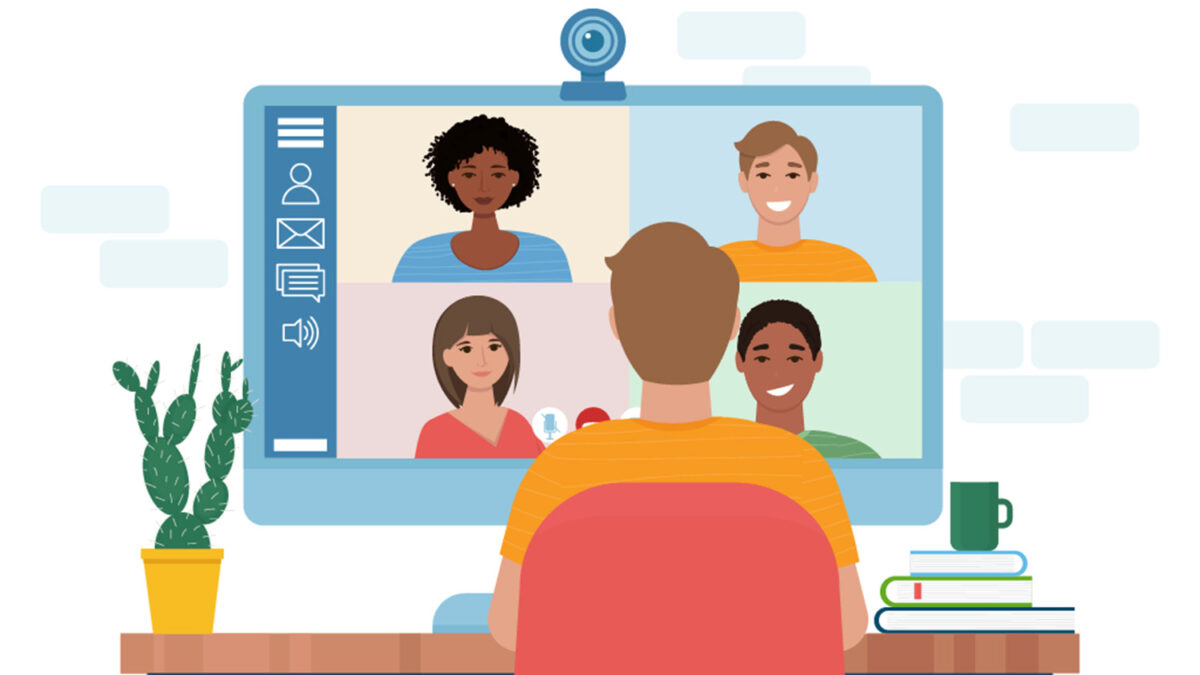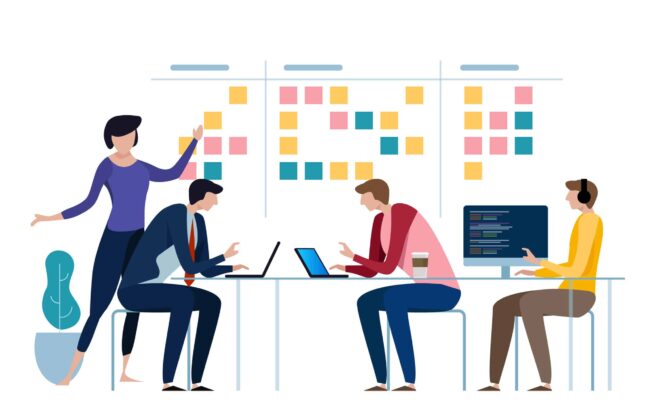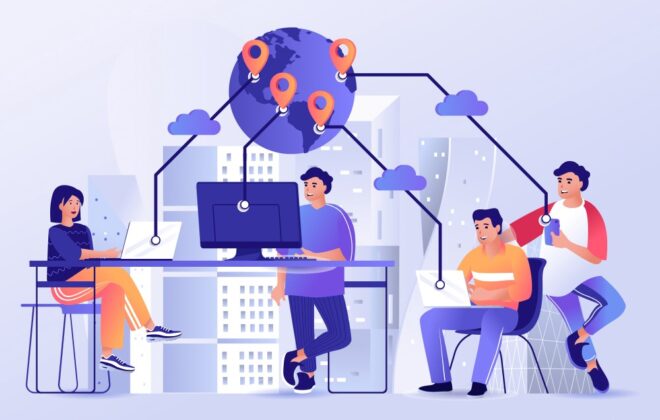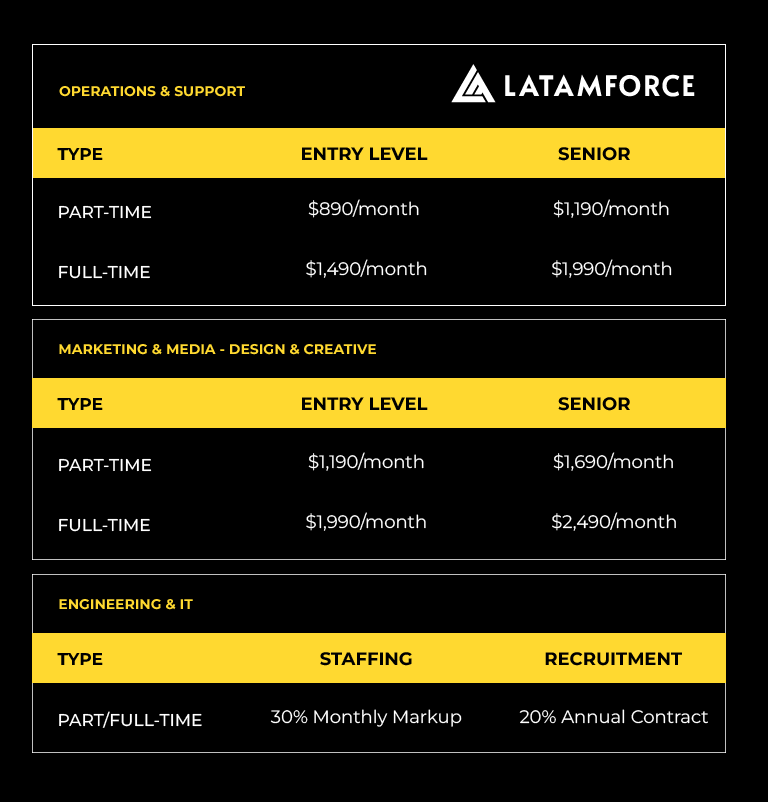Building Trust Across Borders: Tips for Fostering Strong Working Relationships Between US and LATAM Teams
In today’s globalized business landscape, it’s becoming increasingly common for US companies to hire remote teams based in Latin America. While this can be a great way to access top talent and reduce costs, it can also present some unique challenges when it comes to building strong working relationships across cultural and geographical divides.
To ensure success, it’s important to establish a strong foundation of trust and collaboration between the US company and the Latin American remote team. Here are some tips for fostering collaboration and building trust between Latin American and US teams:
Build a Shared Understanding of Goals and Expectations
To ensure that everyone is on the same page, it’s important to establish clear goals and expectations from the outset. This can help to avoid misunderstandings and promote a sense of shared purpose. Make sure that everyone understands what their role is in achieving the team’s objectives and what their individual responsibilities are. This can help to build a sense of ownership and accountability within the team.
Establish Open Lines of Communication
Communication is key when it comes to building trust and fostering collaboration between teams in different locations. Make sure that all team members have access to the same communication channels (such as email, chat, and video conferencing) and that they know how to use them effectively. Encourage open communication and make sure that everyone feels comfortable asking questions and sharing their ideas. This can help to build a culture of transparency and openness within the team.
Take Cultural Differences into Account
Culture can play a big role in shaping attitudes towards work, communication, and hierarchy. Take the time to learn about the cultural norms and values that are important to your Latin American team members, and be respectful of those differences. Make an effort to adapt your communication style and management approach to better align with the cultural norms of your remote team. For example, in some Latin American countries, it is common for employees to expect more direct and personal communication from their managers, while in the US, more indirect and formal communication may be preferred.
Emphasize Trust and Accountability
Building trust is crucial to fostering collaboration and productivity in remote teams. Encourage team members to be accountable for their work and to follow through on commitments. Make sure that everyone feels comfortable raising concerns or issues and that they trust that their concerns will be addressed in a timely and respectful manner. Emphasize the importance of building trust and encourage team members to work collaboratively towards a shared goal.
Foster a Sense of Community
Remote teams can sometimes feel disconnected from the wider company culture. To help combat this, make an effort to foster a sense of community within the team. This can include regular team-building activities, shared celebrations of achievements, and opportunities for informal communication and social interaction. By fostering a sense of community, you can help to build a more positive and productive team dynamic, even when team members are working from different locations.
In conclusion, building strong working relationships between Latin American and US teams requires a concerted effort to establish open communication, mutual respect, and a shared sense of purpose. By taking cultural differences into account, emphasizing trust and accountability, and fostering a sense of community, remote teams can work together effectively to achieve their shared goals. By following these tips, you can help to build a productive and positive working relationship between your US company and your remote Latin American team.
At Latamforce, we specialize in helping US companies hire, manage, and train remote teams in Latin America. Our team of experts is committed to ensuring that your cross-border staffing experience is successful, culturally sensitive, and efficient. Book a call with us today and let us show you how we can help you build a strong and diverse global workforce.





